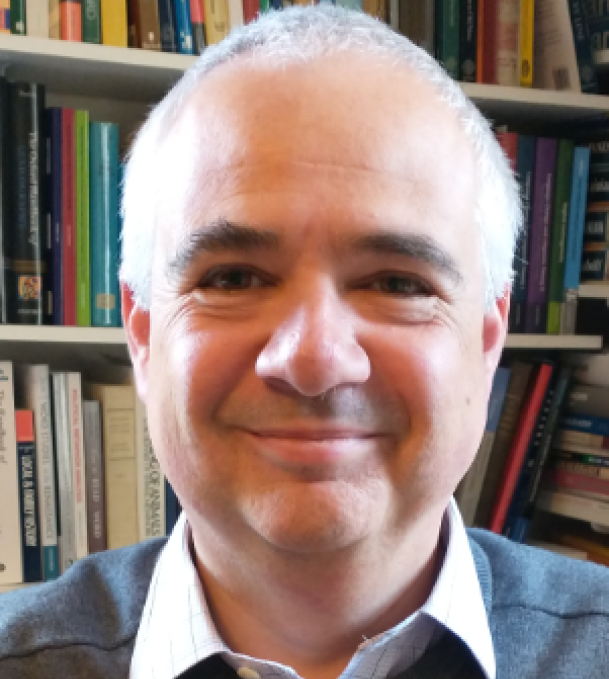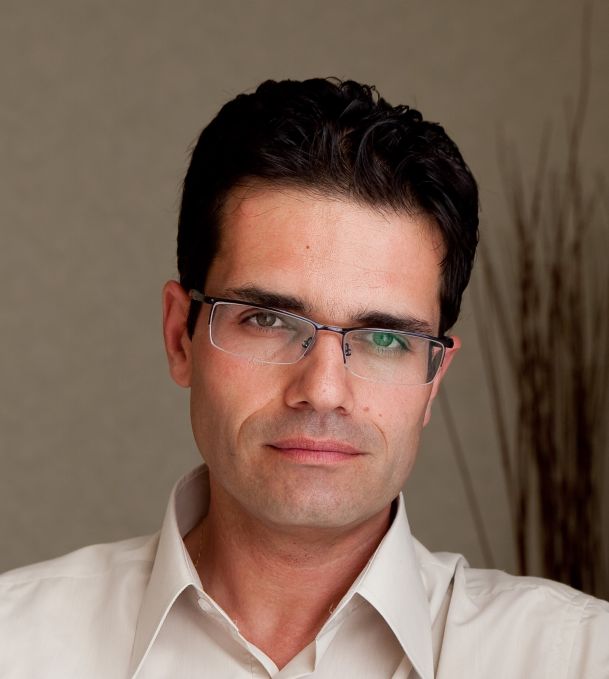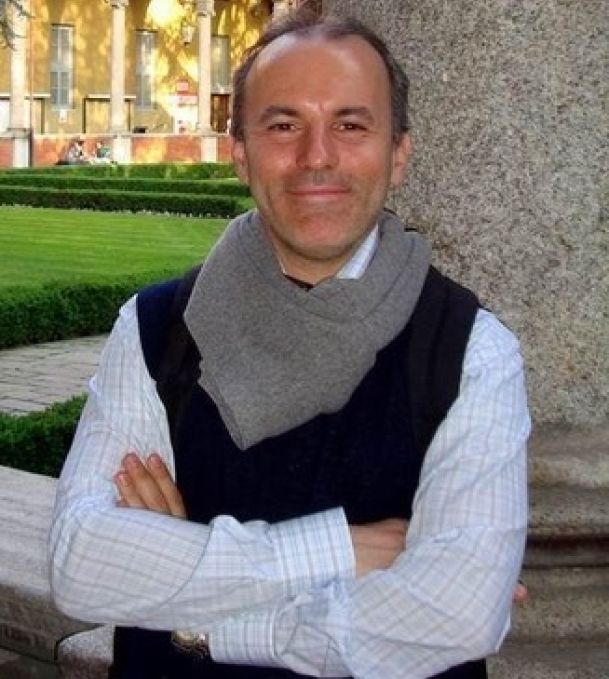Keynote Speakers
Meet the esteemed keynote speakers of ICHLL15, leading experts in historical lexicography and lexicology who will share their groundbreaking research and insights throughout the conference.

Philip Durkin
Philip Durkin is Deputy Chief Editor at the Oxford English Dictionary. His research interests focus on etymology, lexical borrowing, and the history of the English lexicon. His publications include The Oxford Guide to Etymology (2009), Borrowed Words: A History of Loanwords in English (2014), and, as editor, The Oxford Handbook of Lexicography (2015). He is currently editing a handbook of etymology.
Journeys through lexical history, journeys through dictionaries: exploring the lexicographical underpinnings of lexical research
Tracing the history of a word across language boundaries is one of the most illuminating processes in historical lexicology, shedding light on language contact in the past, and frequently highlighting fascinating aspects of cultural history, whether this concerns intellectual history, material culture, trading contacts, or other aspects of the life of the past. Presenting such histories can be an important way of introducing modern readers to the value of historical lexicology, and to the contribution it makes to wider intellectual history as well as to the discipline of historical linguistics. When such histories are packaged and summarized for readers, it can be easy to lose sight of the crucial intellectual resources that underpin such work. Most important among these are the historical and etymological dictionaries that document and analyse the history of each word in each language, and which often also do the crucial work of identifying each link in the chain of cross-linguistic correspondences (whether through borrowing or shared inheritance). This paper will examine a number of cross-linguistic word histories of this type, and will foreground and celebrate the lexicographical resources on which they depend. It will highlight the vital importance of a healthy culture of historical lexicographical research for further progress in historical lexicology more generally.

Simeon Tsolakidis
Simeon Tsolakidis is a Junior Researcher at the Research Centre for Modern Greek Dialects of the Academy of Athens, working on the compilation of the Historical Dictionary of Modern Greek. He is also an adjunct lecturer at the Hellenic Open University. Ηe holds a Ph.D. in Linguistics from the Aristotle University of Thessaloniki, Greece, and he specializes in historical linguistics (etymology), lexicography and dialectology. He has participated in several state-funded research projects, including Pontus, Cappadocia, Aivali: in search of Asia Minor Greek and Digitizing the Cappadocian dialectal landscape. His most current activity is the participation, as assistant editor, in the new Historical Dictionary of the Cappadocian Varieties of the Academy of Athens.
https://www.academyofathens.gr/en/personel/symeon-tsolakidis
Older dictionaries and (Modern) Greek historical lexicography
The aim of this presentation is to contribute to the metalexicographic discussion on historical dictionaries, focussing on two basic principles underlying every major historical dictionary: a) historical lexicography should try to trace the first appearance of lexical items, forms, phrases, senses etc. with the greatest possible degree of precision, and b) older or earlier lexicographical works could be extremely useful as providers of indications or chronological landmarks for the integration of a new word in the vocabulary of a language.
The discussion will be based upon the major multi-volume Historical Dictionary of Modern Greek, published by the Academy of Athens (1933- ), which is the only lexicographic enterprise in Greece to offer full “word histories”, both for the standard language and for the Modern Greek dialects. In this framework, it will explore the ways in which the earlier (16 th - 19 th c.) lexicography of Modern Greek can prove of immense value for the precise dating and labelling of lexical entries (e.g. neologisms, dialectal survivals, learned internal loans, calques etc.). The early dictionaries discussed include the Corona pretiosa (1527), the Thesaurus encyclopaedicae basis quadrilinguis (1659) by Gerasimos Vlachos, and the well-known Glossarium ad scriptores Mediae et Infimae Graecitatis (1688) by Ducange.

Marco Passarotti
Marco Passarotti is a Full Professor of Computational Linguistics at Università Cattolica del Sacro Cuore (Milan, Italy), where he is Director of the CIRCSE Research Centre, which he co-founded in 2009. His main research interests deal with building, using and disseminating linguistic resources and natural language processing tools for Latin. A former pupil of one of the pioneers of humanities computing, father Roberto Busa SJ, since 2006 he has headed the Index Thomisticus Treebank project, which continues the legacy of Busa’s work on the opera omnia of Thomas Aquinas. He is the principal investigator of the LiLa project, an ERC-Consolidator Grant (2018-2023), which aims to build a Linked Data Knowledge Base of linguistic resources and natural language processing tools for Latin.
Linked Open (Historical) Data. Making Lexical (and Textual) Resources Interact
In this talk, I will discuss the issue of interoperability among linguistic resources, presenting the use case of the LiLa Knowledge Base for resources of the Latin language. After introducing the basic principles of the Linked Data paradigm, on which LiLa is grounded, I will describe the architecture of the Knowledge Base. Then, I will focus on the modelling of a number of lexical resources of different kinds currently interlinked through LiLa, detailing a historical Latin-Portuguese bilingual dictionary curated by Antonio Velez in the 18th century. Finally, I will present a few queries to show the interaction between data from lexical resources and texts from corpora.